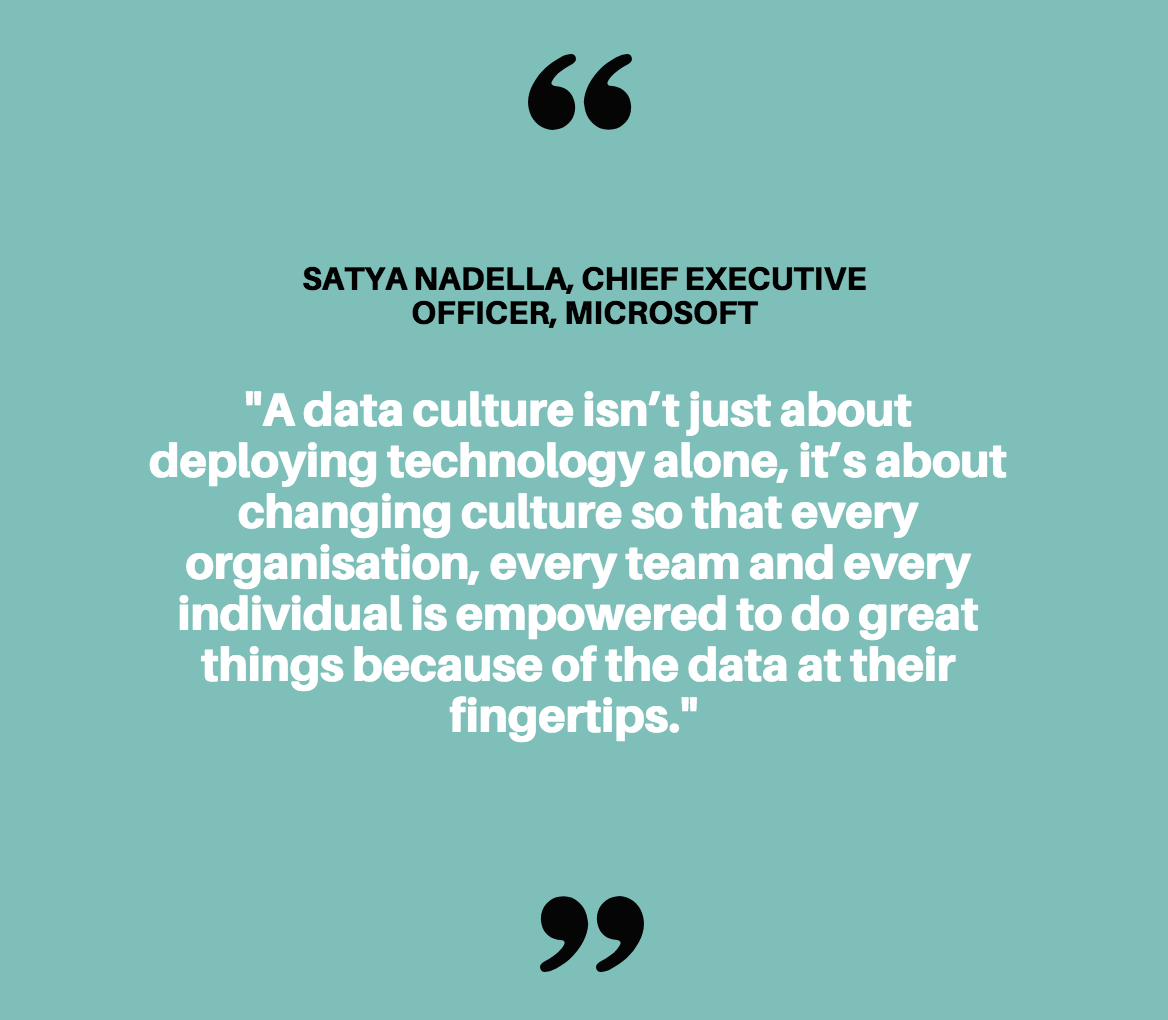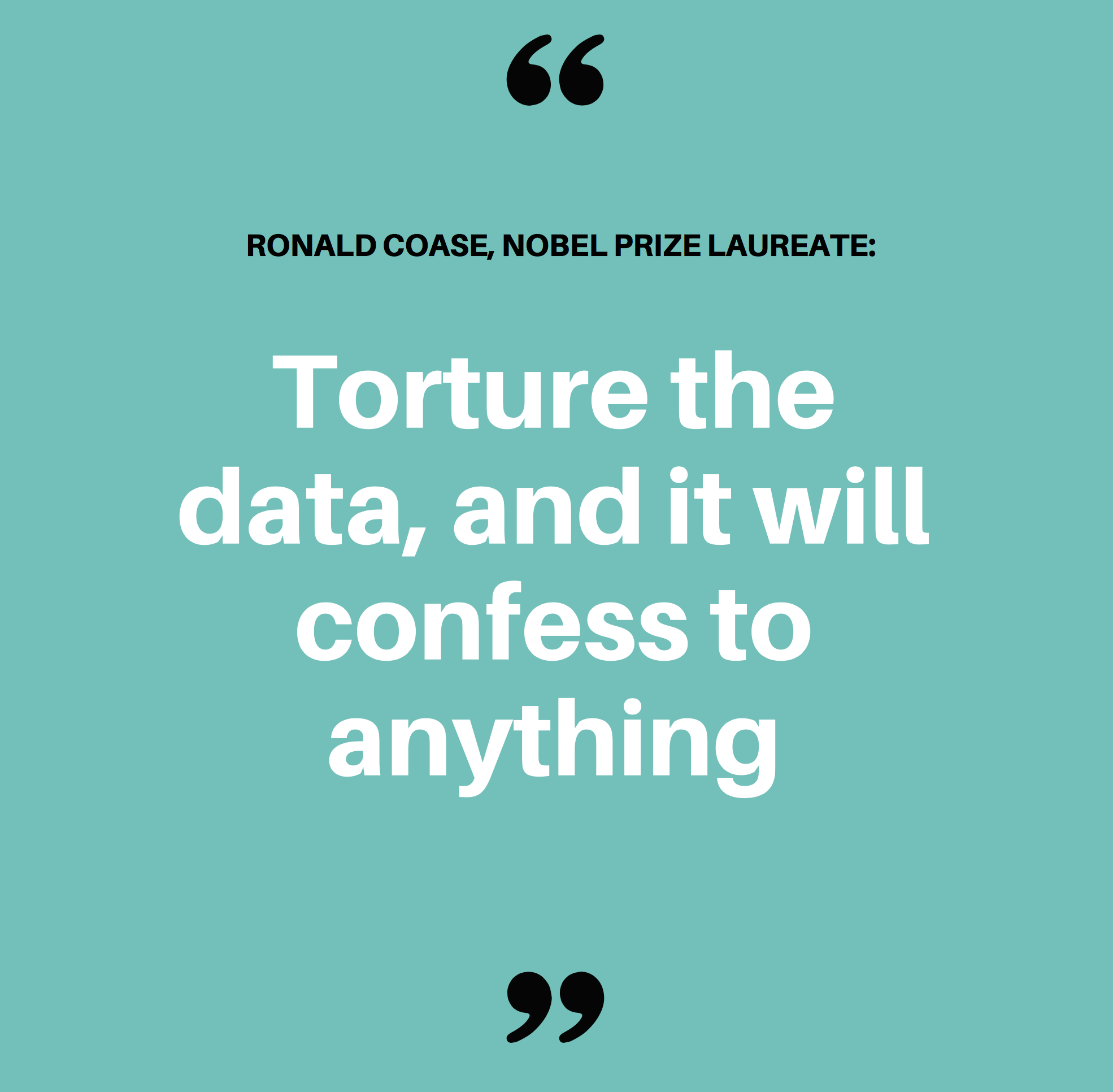Getting Started
in Data Science_
Welcome to your guide to getting started in Data Science! If you like what you read, scroll to the bottom or select 'sign up for the series' from the top menu to receive this guide as an eBook to read in your free time, as well as receive our series of free resources to help you transition to a Data Science career.
Recognised as “The Sexiest Job of the 21st Century” by Harvard Business Review, Data Science is one of the most valuable and multi-disciplinary skill sets, combining computer science, mathematics,statistics and domain expertise to predict trends, optimise performance, improve decision making and increase business competitiveness.
IBM recently reported that demand for Data Scientists will soar 28% by 2020. Despite the popularity of the job, businesses across various industries are facing a big problem: there are not enough qualified data scientists out there.
The report notes that Data Science skills are one of the most challenging skills to recruit, potentially disrupting ongoing product development and strategic planning if positions are not filled. In May 2018 alone, there were 3,696 active UK-based Data Scientist vacancies advertised on Glassdoor's website alone, signifying vast demand for the profession. So it’s not too late to make the transition...
Nowadays there is an assumption that you need a computer science degree or Ph.D. to pursue a career as a Data Scientist. We can tell you now, that isn't the case. Research into job advertisements show that the majority do not require computer science degrees. Instead, the focus is on industry experience. As much as 78% of advertisements require that the applicant has relevant work experience providing evidence that they have the required skills to be successful in the role.
As companies embrace the need to become 'data-driven', we'll see career opportunities in Data Science becoming increasingly available. Especially as this is an exciting and ever-evolving field, and Data Science skills are transferable across all sectors.
Insight
[When applying for Data Science-related roles] you should be able to talk about the different types of problems you’ve worked on. Then draw examples from your work experience that connect up with the missions of the business. For example, can one of the techniques you have worked with be applied to build a product useful for the customer of the company? This indicates you can adapt to different problems and put the models that you have used in a business context, which is one of the most valuable things we like to see.
- Phil Cowans, CTO, Nested

What does it take to get one of the 'sexiest jobs of the 21st century?'. We've scoured the web and asked internal experts what are considered crucial skills for candidates applying for Data Scientist and Analyst-type roles.
You should have prior experience of computer programming, should you be considering a career in Data Science, or an analytical/statistical field. If you've no prior experience, it's never too late to learn!
"Choose a language and stick to it; at least for the beginning so you can focus on learning the concepts. Then you can learn new languages. Whilst Python and R are popular within the general Data Science community, we recommend Python as it can be used for many other tasks such as building a website, automating tasks, and more".
A Data Scientist cannot work in isolation. They're often deeply imbedded within the organisation interacting with different teams and client projects to tackle data challenges and business solutions.
This is another important skill to have that's tied to the Data Scientist/Analyst's ability to perform quantitative analysis on the system. Having a strong understanding of your product and the business processes through which you obtain your data from is essential in a number of situations:
Data Scientists will need to be equipped with the skills to visualise and communicate the results of specific models, to explain and justify their ideas, methods and problem solving approach at a decision making level.
To conclude, It should be now clear that technical skills aren't primarily what form the ideal Data Scientist. Whilst Data Science is a multi-disciplined field, soft skills are just as - if not more - important than technical skills.
If you can’t take abstract business issues and derive an analytical solution, explain complex technical issues in layman's terms or have good people/communication skills, these are core areas to focus developing. These are skills which can be improved over time with practice, there are also various free resources to help with improving communication, teamwork and commercial skills.

We've included a job description for a recent advertisement for a Junior Data Scientist position we've recently recruited for to give you an idea of what organisations will be looking for [do bear in mind, the role of a Data Scientist can vary in different industries and organisation].
Junior Data Scientist (Python)
Cambridge Spark’s mission is to transform tech education for professionals with an intelligent tutoring system. Our proprietary system brings together research in software engineering, source code analysis, education pedagogy and machine learning. Cambridge Spark has recently won a government innovation grant to collaborate with Oxford University on recommender systems research applied for education.
We're looking for a junior data scientist experienced with solving Data Science problems, analyzing data and prototyping machine learning models with the Python Data Science stack (Pandas, Scikit-Learn, Numpy, etc..).
Responsibilities:
This is an exciting role as we are a small fast-paced team. You’ll have a variety of challenges such as improving our own adaptive learning platform by prototyping new features, providing Data Science consulting to our clients, develop machine learning projects for our students and teach Data Science concepts both in our bootcamp and to our industry clients.
Key skills:
Bonus skills
Due to the inclination of demand from industry for data science skills, universities have begun to offer a data science masters track in the UK. These can often last around 1-2, depending on whether undertaken full-time or part-time.
Pros
Bootcamps provide a more practical introduction to the field and teach a industry-relevant curriculum - introducing them to the theoretical sides, whilst allowing students to apply and hone in on their skills.
At Cambridge Spark, we not only work with industry partners and our expert tutors from leading universities to bring cutting-edge research to our curriculum. Upon completing core modules, we give students the chance to work with project partners on real industry problems for six weeks. This allows them to apply their learnings, network with other professionals, build a portfolio, and present their data stories to a wide range of diverse professionals, from industry and others in the bootcamp.
Online courses are appearing on a variety of websites. These days, you're able to locate lots of specialised courses which offer a free introduction into various aspects of data science.
Pros

There are lots of sites that offer free newsletters, packed with news, tutorials and tips to help you prosper in your new career.
Start building industry contacts and don't be afraid to connect with other just because they have a fancy title. Apps like Shapr offer professional networking opportunities, in a Similar fashion to a popular dating app. LinkedIn tends to be a safe bet -many professionals will be happy to be approached for advice and mentoring.
We recommend Python as it's widely adopted in industry.
Kaggle is a good way to do this to get started, this can enable you to learn from previous winners and practitioners to get you in the right mindset, before starting out on your own competitions. You should consider starting a blog to get used to communicating your work and learning - a good platform to do so is Medium.
This will help you develop and see where you're going right and wrong. Finding the right people to mentor you can make all the difference. Whilst there is no 'right path' to follow, there's certainly better ways of going about things.
A well-seasoned Data Scientist can be a great contact to bounce ideas off, get feedback and ask for advice off of. It's also why we offer two mentors (one internal, one external) for students undertaking our project during our Applied Data Science Bootcamp.
Please complete the following form to sign up:
Cambridge Spark provides Data Science training for professionals looking to learn the latest tools and techniques in Data Science. We offer bootcamps, bespoke corporate training, consultancy and talent sourcing services.
Cambridge Spark
The Bradfield Centre, 184 Cambridge Science Park, Cambridgeshire, CB4 0GF.
+44 07816 419378
contact@cambridgespark.com